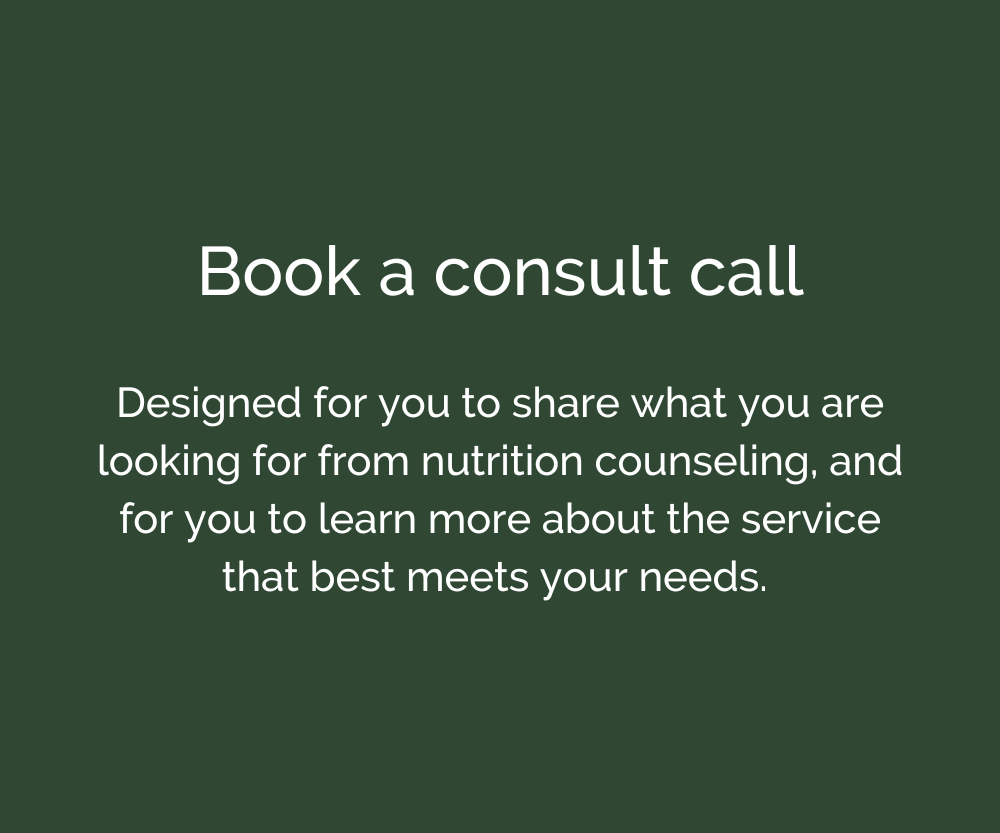The Link Between Interstitial Cystitis and IBS
IBS doesn’t directly affect the bladder, but many with IBS have bladder issues that can feel confusing. The reason for this could be a condition called interstitial cystitis (IC).
What is interstitial cystitis?
This is a chronic condition characterized by painful urinary symptoms, and it is also called by the names of: painful bladder syndrome (PBS), bladder pain syndrome (BPS), and chronic pelvic pain.
Symptoms include pelvic pain and tenderness, pressure in the lower abdomen, and urinary frequency and urgency. Pain with sex and increased pain when the bladder fills are also common. For someone with IBS, who also deals with abdominal pain and cramping, this can be difficult to differentiate.
The true causes of IC aren’t well known or understood, but it is thought to be linked to damage to the bladder wall that then allows particles to get into the lining and further damage the bladder. Like IBS, nerves play a role in the development of IC and the symptoms.
Potential causes* or triggers for the development of IC include:
Bladder trauma
Bladder over-distention
Pelvic floor muscle dysfunction
Autoimmune disorders
Bacterial infection
Primary neurogenic inflammation
Spinal cord trauma
*this list was pulled from the ICA website: https://www.ichelp.org/about-ic/causes-of-ic/
IC is thought to affect 12 million adults in the US, primarily women. IBS is thought to increase the risk of IC. Around 1/3 of those with IC also have IBS.
Want to learn more about IBS? Sign up for a free IBS mini course here!
How is IC diagnosed?
Diagnosis starts with a thorough assessment of your history and symptoms, as well as a pelvic exam, urine test, cystoscopy (camera inserted to look at the bladder lining), biopsy (during cystoscopy). urine cytology, and potassium sensitivity test.
There are 2 recognized types of IC:
Ulcerative: when ulcers or patches are found on the bladder wall
Non-ulcerative: when pinpoint hemorrhages (glomerulations) are found on the bladder wall
How is IC treated?
Treatment could include bladder training and physical therapy, medications, surgery, bladder treatments, and habit changes.
Treatments could include:
bladder hydrodistention: stretching of the bladder with water
bladder instillation: medications are inserted directly into the bladder
nerve stimulation
fulguration: burns off ulcers
resection: cuts around ulcers
bladder augmentation: increases capacity of the bladder by adding a patch of intestine
Where do diet and habits fit in?
There is no current research to show the impact of diet on IC, but many find these to be common triggers: alcohol, acidic foods (including vitamin C), carbonation, and caffeine. Other foods that could be triggers for some include tomatoes, fermented food, spices, and artificial sweeteners.
Bladder retraining, a lot like bowel retraining, is also thought to be helpful. This is where you go to to the toilet at scheduled times versus waiting until you feel an urge to go, and then spacing out the toilet times to train the bladder to go at those intervals.
Other habits that are thought to help IC, and also help IBS, include:
Looser clothing, versus tight clothing that puts pressure on the abdomen
Stress management and self care
Smoking cessation
Low intensity exercise
Consistent, daily movement
If you have IBS and IC, the goal is to find a personalized plan that works for your body. If you’re looking for a dietitian to help you along the way, our team can help. Schedule a consult call here to see if this is a good fit!
Do you want clear guidance to manage your IBS so you can feel confident in your body again?
Guides:



